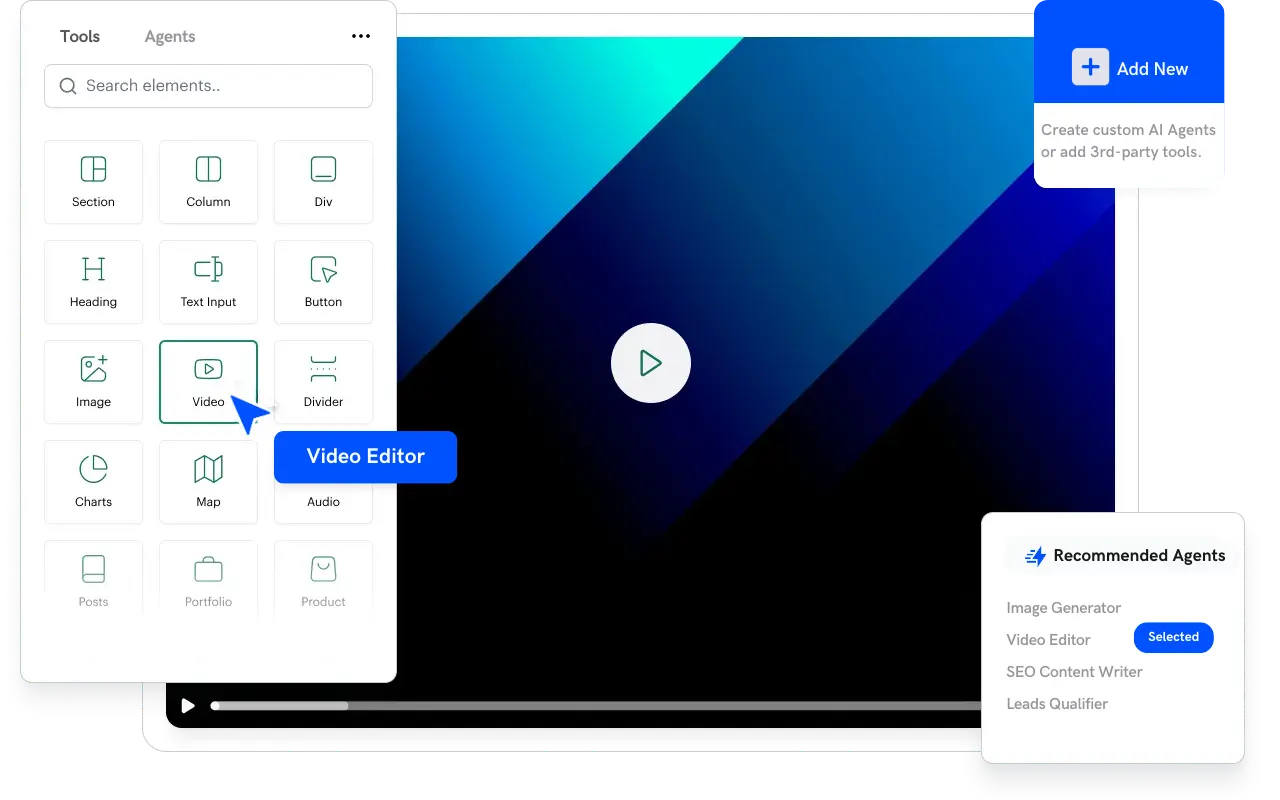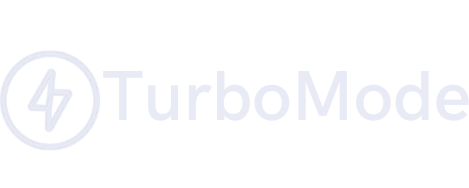Introduction
Effective project management is the backbone of successful business operations. Today, AI is revolutionizing this field by automating scheduling, predicting potential delays, and providing real-time insights that improve decision-making. Studies from McKinsey and Gartner have shown that AI-driven project management systems can reduce project delays by up to 25%. This article delves into the transformative impact of AI on project management and task scheduling, outlining the strategies, benefits, and best practices for leveraging these technologies.
The Evolution of Project Management
Traditional project management involves planning, scheduling, resource allocation, and risk management—all done manually, which can be time-consuming and error-prone. With AI, project managers can now:
- Automate routine scheduling tasks
- Dynamically adjust timelines
- Predict bottlenecks before they occur
- Optimize resource allocation based on real-time data
How AI Enhances Task Scheduling
AI-driven tools use data from previous projects to create more accurate timelines. They take into account variables such as team productivity, historical trends, and resource availability to:
- Allocate Tasks Efficiently:
Automatically assign tasks based on skill sets and availability. - Predict and Manage Delays:
Use predictive analytics to foresee potential hurdles and suggest corrective actions. - Adaptive Scheduling:
Continuously update and adapt schedules based on real-time progress and emerging priorities.
TurboMode AI Spotlight
TurboMode AI seamlessly integrates into project management platforms by extracting actionable items from meetings and communications and converting them into scheduled tasks.
“We’re shifting the game from managing work to getting work done.”
Experience how TurboMode AI can revolutionize your project management processes—book a demo today.
Real-World Applications and Case Studies
- Tech Companies:
A leading tech firm reported a 30% reduction in project delays after integrating AI scheduling tools. - Construction Industry:
AI has been used to optimize resource allocation and schedule tasks more efficiently, leading to a 20% decrease in project overruns. - Financial Services:
By automating project timelines and task dependencies, AI tools have enabled faster decision-making and improved project delivery rates.
Strategies for Implementation
- Data Integration:
Consolidate project data from various sources such as CRM systems, team performance logs, and project management tools. - Customization:
Tailor AI algorithms to match the unique requirements and workflows of your organization. - Pilot Testing:
Implement AI tools in a controlled environment to evaluate performance and gather feedback. - Training and Change Management:
Educate project managers and team members on the benefits and functionalities of AI tools to ensure smooth adoption. - Continuous Monitoring:
Use real-time dashboards to track project progress, and regularly review and refine AI-generated schedules.
Key Benefits and Outcomes
- Increased Efficiency:
Automated scheduling reduces administrative overhead, allowing managers to focus on strategic planning. - Improved Accuracy:
AI minimizes human error by providing data-driven predictions and scheduling adjustments. - Enhanced Collaboration:
Better communication tools integrated with AI ensure that all team members are aligned with project timelines. - Cost Savings:
Streamlined project management leads to reduced delays, lower labor costs, and a higher return on investment (ROI).
Challenges and How to Address Them
- Data Quality:
The accuracy of AI predictions depends on clean, comprehensive data. Investing in robust data management is crucial. - Resistance to Change:
Employees may be reluctant to adopt new technologies. Transparent communication and training can mitigate this resistance. - Integration Issues:
Ensuring seamless integration with existing systems may require additional IT support and middleware solutions.
Future Trends in Project Management with AI
- Enhanced Predictive Capabilities:
Future systems are expected to offer even more accurate predictions by integrating additional data sources. - Real-Time Adaptive Scheduling:
Improved adaptability will allow project management tools to automatically adjust to changes in real time. - Increased Use of Natural Language Processing:
Voice commands and conversation analysis will enable more intuitive interfaces for project management systems. - Greater Collaboration Tools:
Integration with advanced collaboration platforms will further enhance team dynamics and project outcomes.
Conclusion
The impact of AI on project management and task scheduling is profound and far-reaching. By automating routine tasks, predicting delays, and continuously optimizing schedules, AI-driven systems allow organizations to execute projects more efficiently and cost-effectively. When paired with platforms like TurboMode AI—designed to convert conversations into actionable tasks—project management reaches a new level of dynamism and productivity. Embrace these advanced tools to enhance your project workflows and secure a competitive edge in an increasingly automated world. Book a demo today to see these benefits in action.





